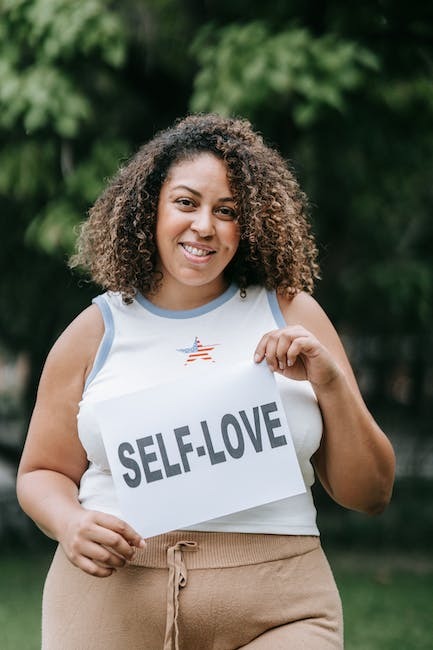
When it comes to our body image, many of us have insecurities that can cause us distress or anxiety. For some people, these feelings are more intense and pervasive, impacting daily life and functioning profoundly. This is known as body dysmorphic disorder (BDD), an often-misunderstood mental health condition characterized by excessive preoccupation with perceived physical flaws. BDD affects approximately one to two percent of the population and can significantly disrupt social and work life if left untreated.
The Effect of BDD on Daily Life
BDD is defined as an excessive preoccupation with imagined or minor flaws in one’s physical appearance. The disorder can have severe and even debilitating effects on daily life. Despite the belief of many, it is not simply being conscious about one’s appearance or having legitimate concerns about a physical condition. The disorder goes beyond this, affecting daily life in profound ways. There are several common signs and symptoms to watch out for if you think you or someone you know may be dealing with BDD.
Preoccupation With Appearance
One of the most common signs of the disorder is an intense preoccupation with one or more perceived flaws in physical appearance. Individuals may focus on features such as wrinkles, scars, blemishes, baldness, asymmetry of features, etc. This preoccupation often becomes an obsession and can significantly disrupt day-to-day activities. The focus can sometimes become so intense that it leads to depression or anxiety disorders.
Interrupted Daily Tasks
Frequent mirror checking and avoiding mirrors altogether are common signs and symptoms of the disorder. Someone with BDD may take a disproportionate amount of time to get ready. These behaviors can interfere significantly with day-to-day tasks. Getting ready for work or school in the morning or even preparing to run a simple errand can become overwhelming experiences.
Comparison and Low Self-Esteem
People with BDD may also find themselves constantly comparing their appearance to others and feeling inadequate. This often leads to low self-esteem and feelings of shame, guilt, depression, anger, or sadness related to one’s body image. Additionally, social anxiety may arise due to fear of being judged because of perceived flaws. As a result, people may avoid social situations altogether for fear of judgment or criticism from others.
Social Interactions
Individuals with BDD often have trouble engaging in social activities due to fear or embarrassment about their perceived physical flaws. This can result in feelings of loneliness and isolation. Those who engage in social interactions may find that their preoccupation with physical appearance distracts them from enjoying themselves or being fully present. This can cause strain on relationships.
Treatment Options for BDD
Various treatments are available, including:
- Psychotherapy
- Medications such as antidepressants and antipsychotics
- Relaxation techniques
- Lifestyle changes such as increasing exercise and healthy eating habits
- Support groups online or in-person
- Holistic approaches such as meditation and yoga
Cognitive-behavioral therapy (CBT) is typically the treatment of choice for BDD. This therapy focuses on helping individuals recognize and modify distorted thinking patterns contributing to their BDD symptoms.
Body dysmorphic disorder (BDD) can cause tremendous distress and interfere with day-to-day life. Seeking treatment is essential for managing symptoms and improving quality of life. There are many available resources to provide support and information, including online support groups, self-help books, articles, and mental health professionals specializing in treating the disorder. With proper care and understanding from family members and friends alike, individuals dealing with the disorder can find relief from their symptoms. Take the first step now and call The Guest House at (855) 483-7800 to speak to a member of our staff.